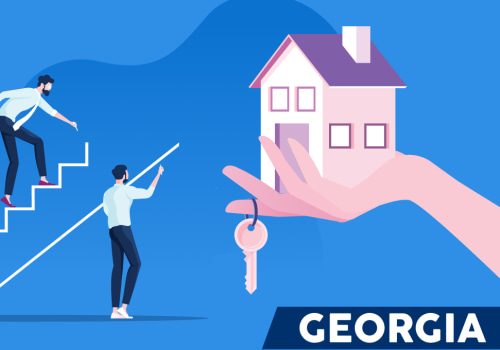The home inspection is the most important step before closing. The costs of a home inspection in Florida, including special inspections, vary in ranges because the actual price you'll pay for a home inspection will depend on several factors. For each problem, the home inspector must indicate whether it is a minor or major defect, a safety issue, or a code violation. The home inspector will search the interior of the house looking for problems with the structure or foundation, which could be due to cracks in the ceiling or walls.
Once you have an estimate of the average costs of a home inspection in Florida, use the following factors to compare them to those of your home and see how the prices may differ. The costs associated with buying a home and the desire to close the deal and move as soon as possible may tempt you to skip the home inspection. A four-point inspection is useful and is sometimes required by your home insurance provider if you have a home that is more than 20 years old. He or she will check the air conditioning system and water heater to see if they are working and if there are signs of poor condition, and the home inspector will check the electrical system, including the main electrical box, to see if it violates rules.
The good news is that you can condition the sale on the results of the home inspection, meaning you'll have seven days to rescind the agreement once the home inspection is complete. Home inspections check homeownership and home ownership to see if there are problems that could cost you money in the short and long term. The home inspector will tour the house and look at the exterior siding, whether brick, stone or siding, for damage. However, depending on your Florida insurance provider, you may need to perform a four-point inspection for a home over 20 or 30 years old.
The home inspector will search the kitchen and bathrooms for soft spots on the floors or that are rotten by water damage. If the house has a basement or mezzanine, the inspector will go through the basement and go under the house to look for other problems. Depending on your insurance company, they may require that your home undergo an inspection or another one.






